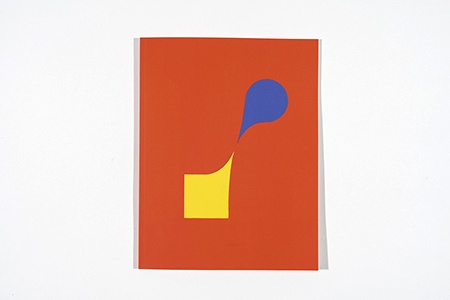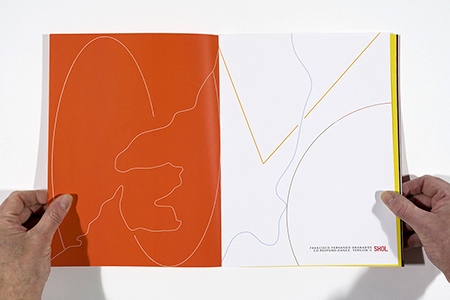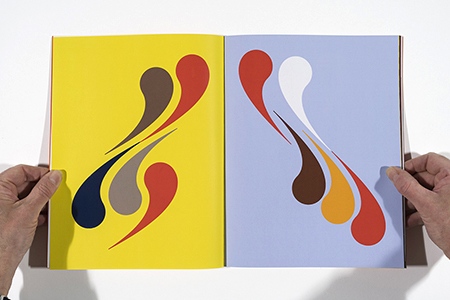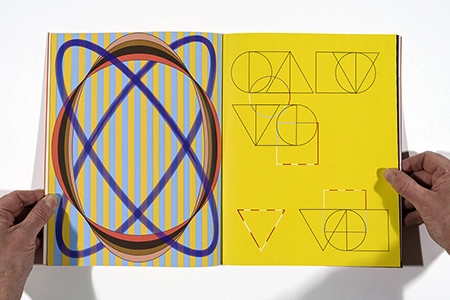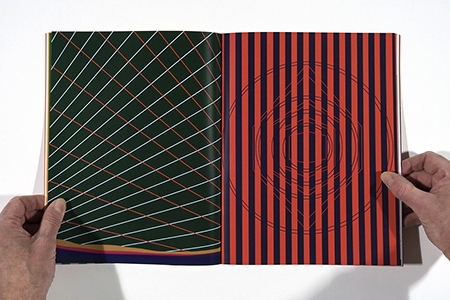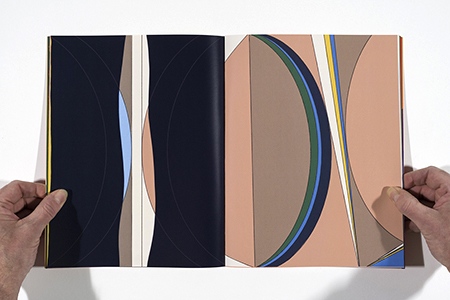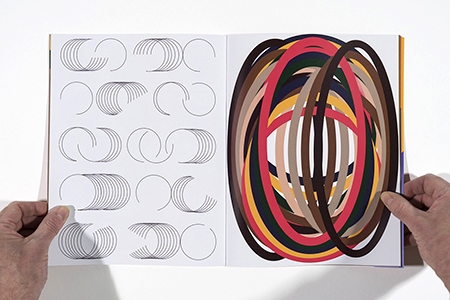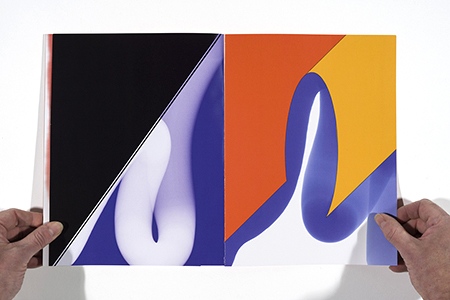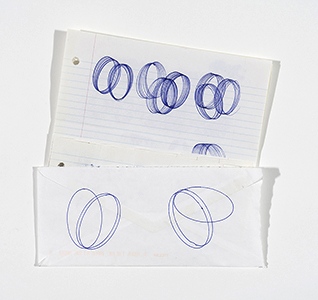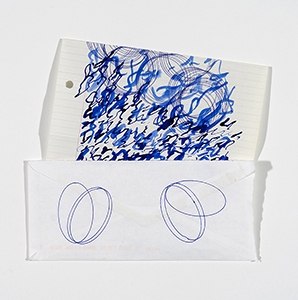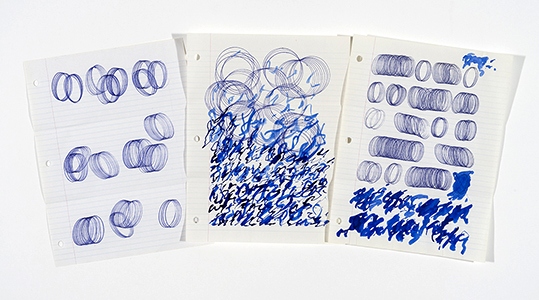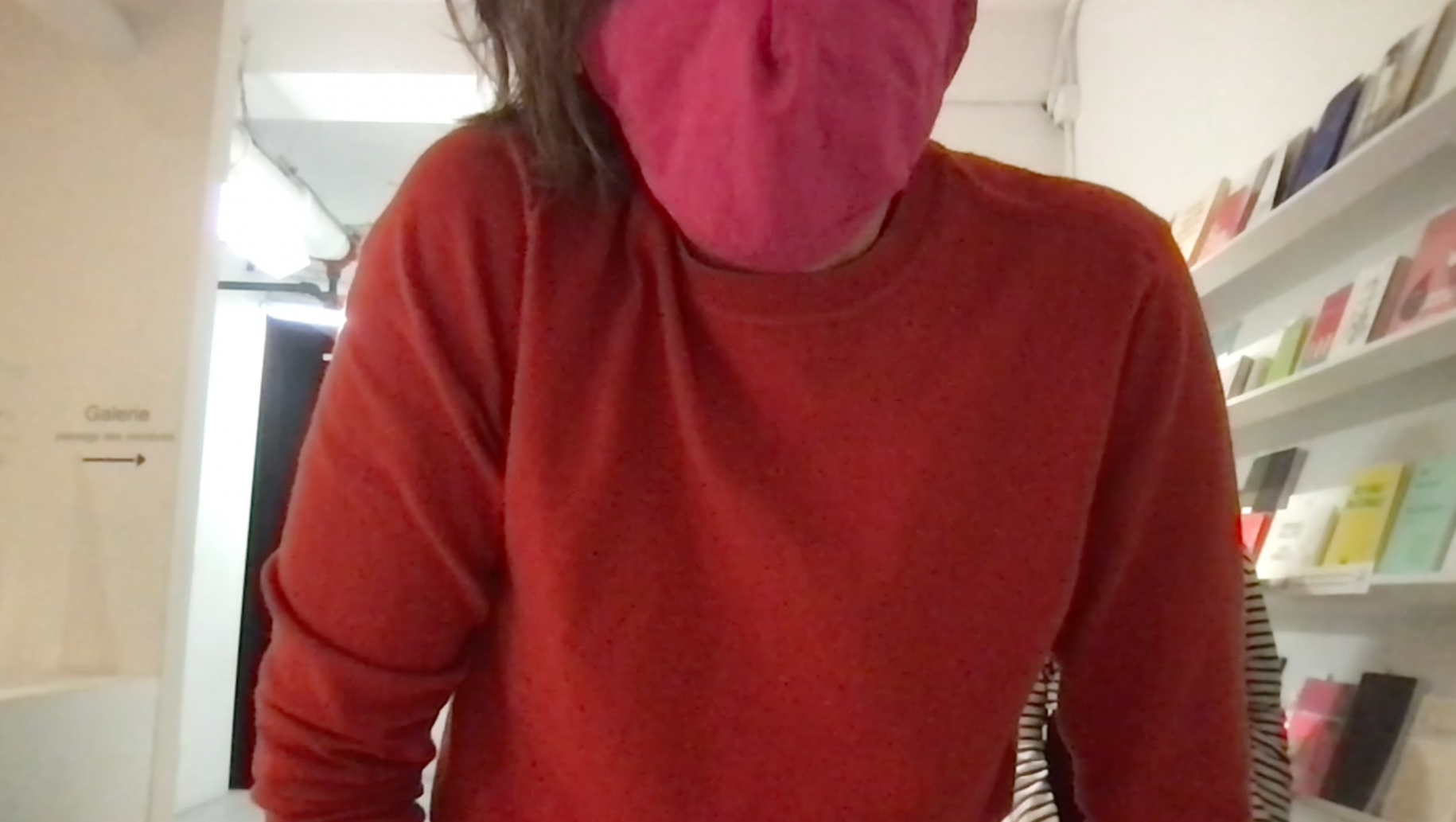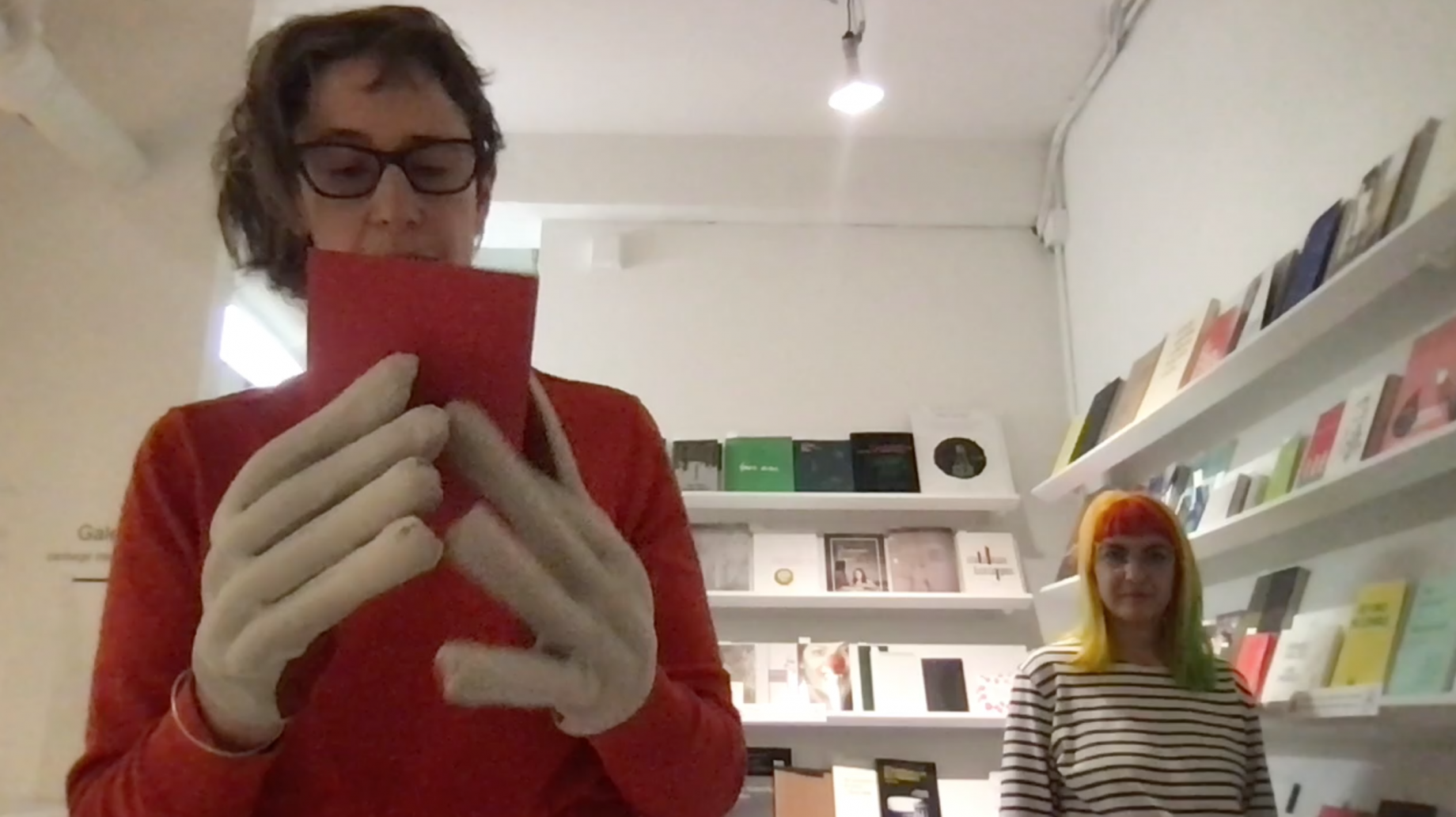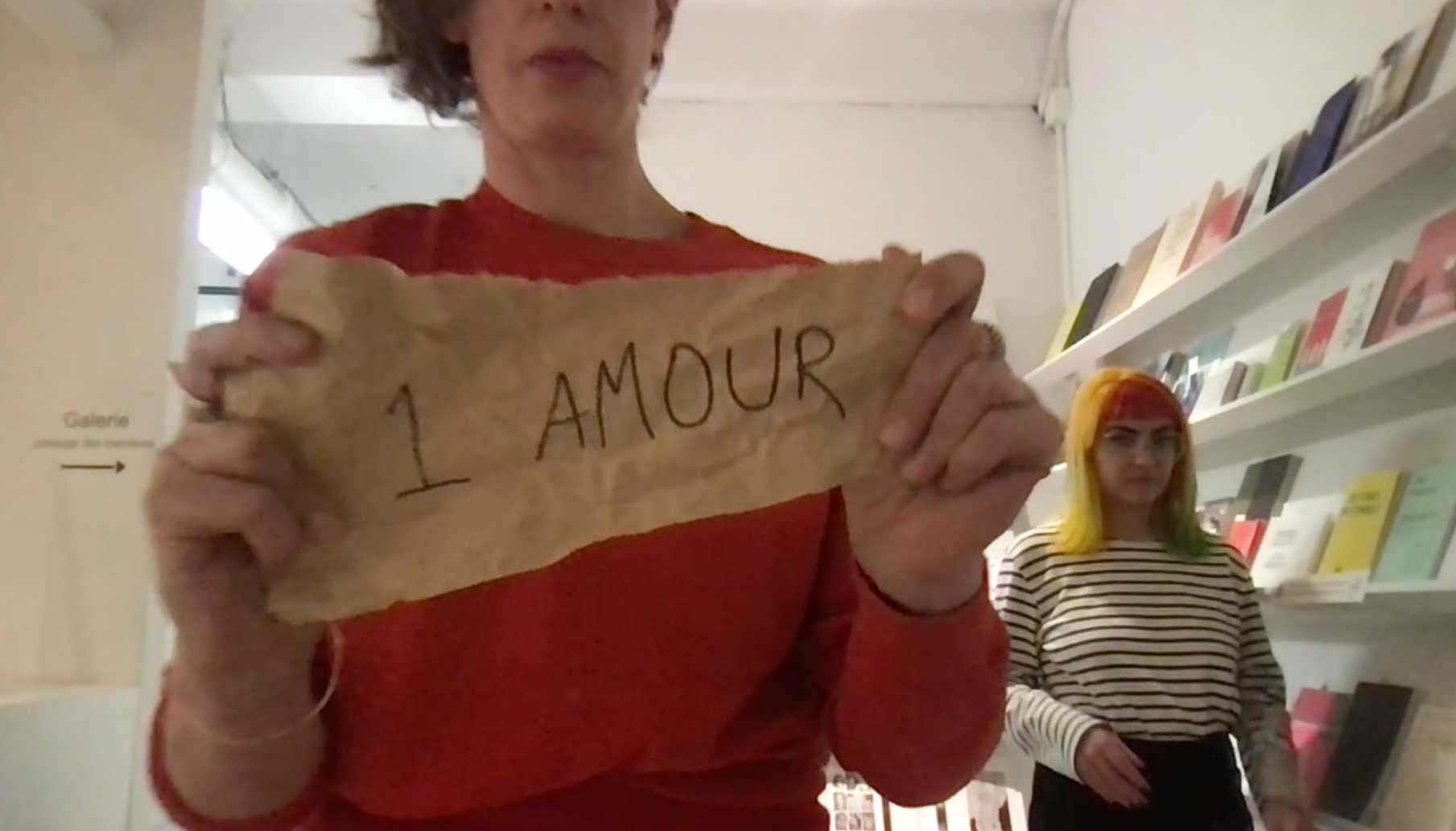CO-RESPOND-DANCE-VERSION II
Publication – Mail Art – Performance
Publication (54 pages, limited edition of 200 copies)
Performances: Kama La Mackerel et k.g. Guttman (+ info coming soon)
Project Description
In response to the safety measures imposed by COVID-19, Granados’s initial plan for an installation project has shifted to become mobile and accessible; it is now comprised of an artist book (distributed through the gallery and by mail), and poetic and movement-based performances by guest collaborators k.g. Guttman and Kama La Mackerel. The book will include compositions from the ‘letters’ series. Oscillating between the alphabetic and the epistolary, each ‘letter’ is part of an ongoing body of work currently consisting of more than 300 drawings that aim to synthesize a broad range of abstract compositional strategies.
Conceptually, this second version of the project responds to the state of emergency created by the pandemic by taking clues from two aesthetic methodologies. The first is the use of mail art for political work by artists resisting dictatorships in Latin America during the 20th century. The second is a French feminine literary practice, in which known aristocratic women (Margot de Valois, La Grande Mademoiselle, Madame de Pompadour, etc.) would have their personal correspondences published. Fascinated by these writings and by their intimate nature made public, Granados inhabits this form critically, posing the question of what it would mean to turn abstraction into an everyday language.
About the artist
Through a range of media that extends from drawing and writing to performance and installation, Francisco-Fernando Granados uses abstraction as a conceptual strategy to challenge perceptions regarding the stability of identity categories. Born in the midst of the Guatemalan Civil War, his experience of coming to Canada as a refugee informs the aesthetics and politics of his practice. His work develops from the intersection of traditional formal training in painting and printmaking, studies in cultural theory, early activism with newcomer youth communities, and working through artist-run culture.
Granados has maintained a near-daily drawing practice since 2016. From this non-figurative body of work, he has crafted the idea of minor abstraction (abstraction minoritaire) as a way to guide untranslatable compositional impulses away from Modernist claims of autonomy. Forms of minor abstraction emphasize ephemeral materials, site-specific approaches, and non-art contexts. They seek to infuse non-objective visual vocabularies within open-ended politics informed by the artist’s queer and refugee experiences.

